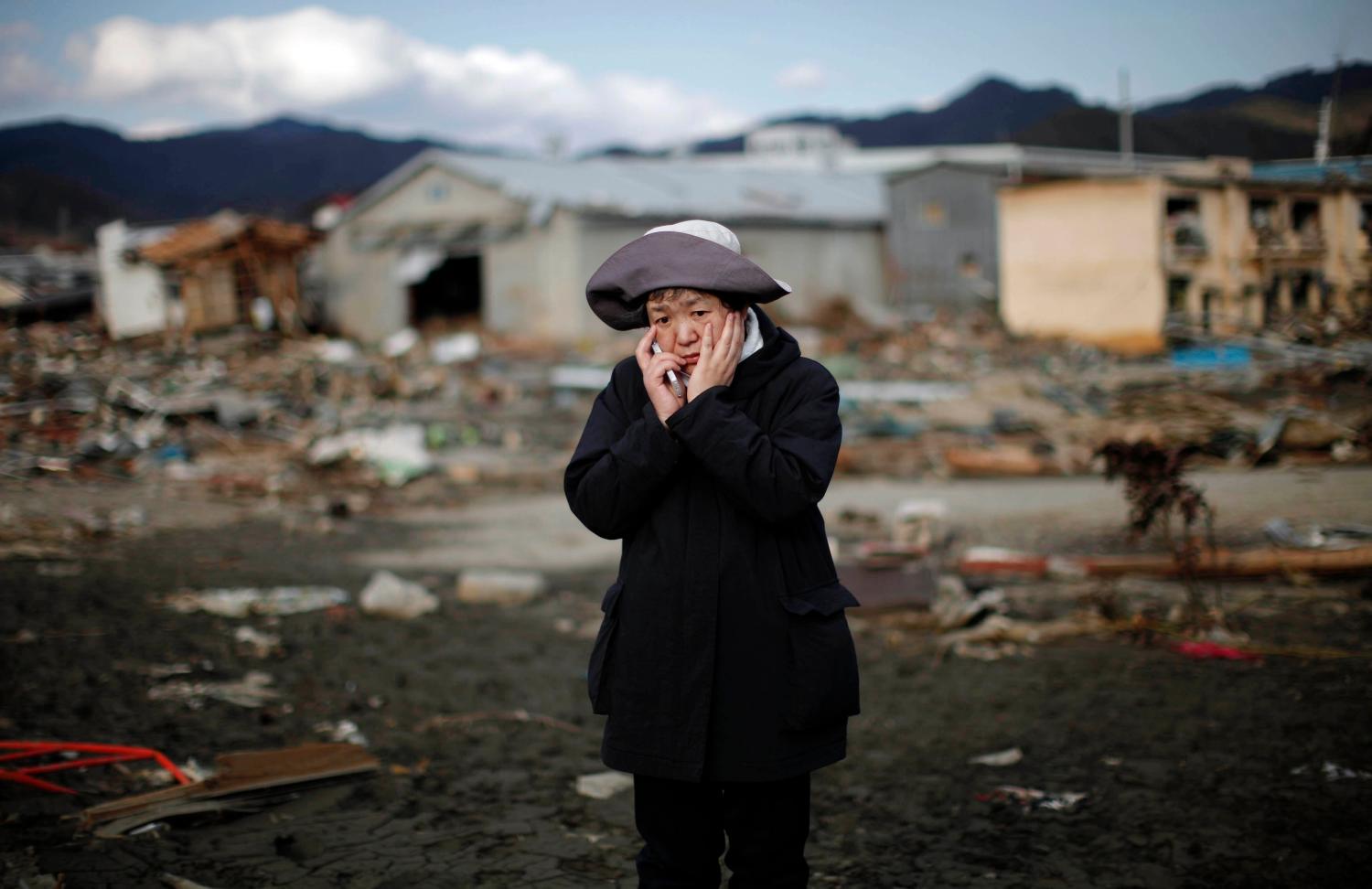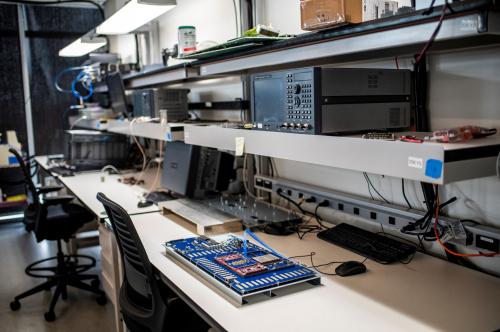Editor’s Note: This paper is published in conjunction with the Center for Technology Innovation’s Mobile Economy Project event: Mobile Technology’s Role in Natural Disasters and Public Safety Preparedness and Response on July 16, 2013.
In recent years, mobile technology has expanded dramatically around the world. For a fourth consecutive year, global mobile data traffic has doubled; between 2011 and 2016, it is expected to increase 18-fold. Furthermore, by the end of 2016, 10 billion mobile devices are projected to be in use around the world. Not surprisingly, the development of mobile technologies and applications has paralleled the proliferation of mobile use around the globe.
With increasing evidence of climate change, there has been a rise in the severity and frequency of tsunamis, flooding, drought, hurricanes, and tornados. Natural disasters such as Hurricane Katrina, the 2013 Oklahoma tornados, and the devastating 2011 drought in the Horn of Africa, are inflicting tremendous damage in terms of human life, injuries, and property damage.
There have also been numerous instances of recent civil unrest, criminal activity and terrorism, ranging from 9/11 to the Virginia Tech shootings to the 2013 Boston bombing. During this time period, the use of smart phones and tablets has become increasingly ubiquitous, with more people than ever turning to mobile applications for information. As a result, mobile development has surged in reaction to the rising demand for instant and accurate information.
In this paper, part of the Brookings Mobile Economy Project, Darrell West and Elizabeth Valentini examine how mobile technology assists in the creation of early warning systems, aids in emergency coordination, and improves public communications in times of crisis. West and Valentini advise policymakers to make better use of current mobile technologies and promote future advances to provide first responders and citizens with the tools necessary to save lives during threatening events. Governments and businesses alike should take full advantage of mobile technology to mitigate property damage, inform the public and save lives.
The Brookings Institution is committed to quality, independence, and impact.
We are supported by a diverse array of funders. In line with our values and policies, each Brookings publication represents the sole views of its author(s).




